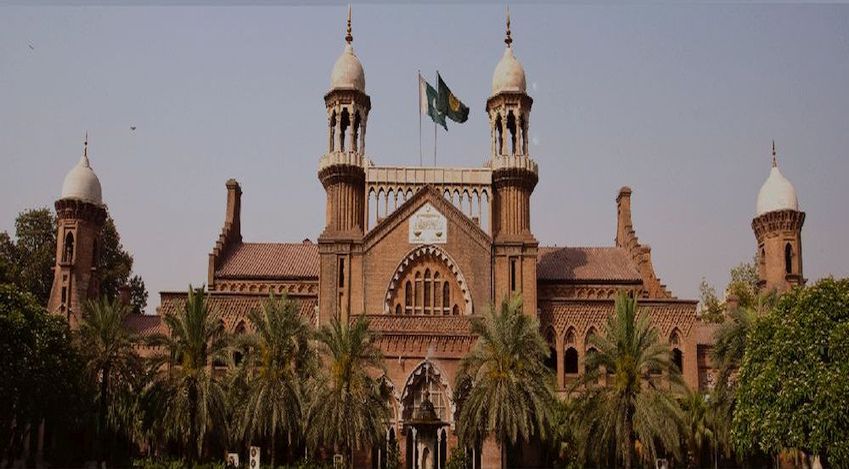Merely Relying on Interested Witnesses without Independent Corroboration is insufficient to sustain a Conviction, especially in Capital Cases --- Lahore High Court Acquits Death Row Convict in Murder Case
Islamabad 27-02-2025: The Lahore High Court has acquitted a death row convict, in a high-profile murder case, granting him the benefit of the doubt. The judgment, delivered by a division bench comprising Mr. Justice Shehram Sarwar Ch. and Mr. Justice Sardar Akbar Ali, overturned the trial Court’s decision, which had sentenced accused to death for the murder.
The case stemmed from FIR No. 104/2020, registered at Police Station Bhera, District Sargodha, where accused fatally shooting the deceased. The trial Court had convicted accused under Section 302(b) of the Pakistan Penal Code (PPC) and sentenced him to death. However, the Lahore High Court found multiple inconsistencies and weaknesses in the prosecution’s case, leading to the accused’s acquittal.
The Court noted that the eyewitnesses, son of the deceased and brother of the deceased, were closely related to the victim and had provided inconsistent statements about the location of the murder. Furthermore, no independent witnesses were presented to corroborate the prosecution’s claims.
- Mst. Mir Zalai Vs. Ghazi Khan and others (2020 SCMR 319)
- Rafaqat Ali alias Foji and another Vs. The State (2024 SCMR 1579)
The incident occurred at night, but the prosecution failed to establish any source of light, raising concerns about mistaken identity of the accused.
- Mst. Rukhsana Begum and others Vs. Sajjad and others (2017 SCMR 596)
The alleged motive for the crime an altercation between the complainant and the accused was not supported by any independent witnesses. The Court ruled that an unverified motive cannot form the sole basis of a conviction.
- Waris Ali and 5 others Vs. The State (2017 SCMR 1572)
- Tariq Mehmood Vs. The State and others (2019 SCMR 1170)
The judgment emphasized that medical evidence alone cannot establish the identity of the culprit, as it only serves a corroborative role in determining the nature of injuries.
- Munawar Ali alias Munawar Hussain Vs. The State (PLD 1993 SC 251)
- Muhammad Jahangir and another Vs. The State and others (2024 SCMR 1741)
The prosecution failed to associate independent witnesses during the alleged recovery of the murder weapon (12-bore repeater gun), violating Section 103 of the Code of Criminal Procedure (Cr.P.C.).
- Muhammad Ismail and others Vs. The State (2017 SCMR 898)
After reviewing the case in detail, the Lahore High Court ruled that the prosecution failed to prove the case beyond a reasonable doubt. The Court acquitted accused, set aside his conviction and sentence, and ordered his immediate release, provided he was not required in any other case.
“It is a well-established principle of law that if a single circumstance creates doubt regarding the prosecution case, the accused must be given the benefit of doubt,” the judgment stated, citing Muhammad Akram Vs. The State (2009 SCMR 230).
The Complainant had also filed [Criminal Appeal No. 77038/2021], challenging the acquittal of co-accused in the case. However, the Court dismissed the appeal, ruling that the prosecution had failed to prove co-accused’s involvement in the murder.
Legal experts hailed the judgment as a significant reaffirmation of the “benefit of doubt” doctrine, which is a cornerstone of Criminal Justice. They emphasized that merely relying on interested witnesses without independent corroboration is insufficient to sustain a conviction, especially in capital cases.
Powered by Froala Editor








